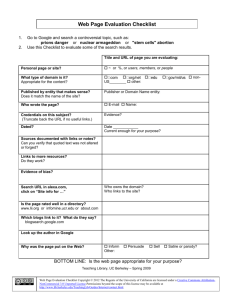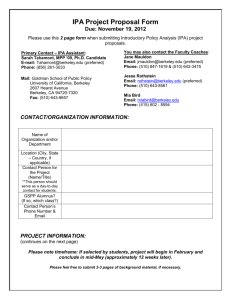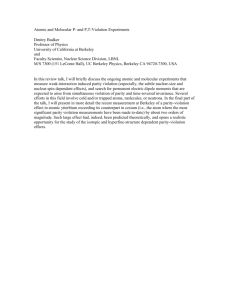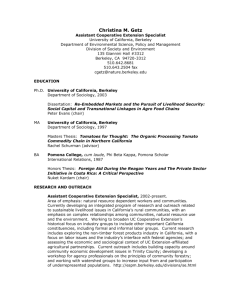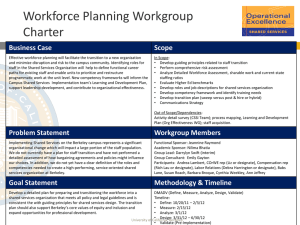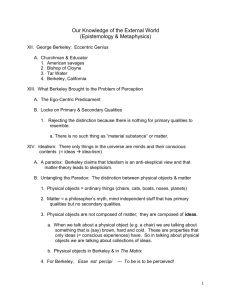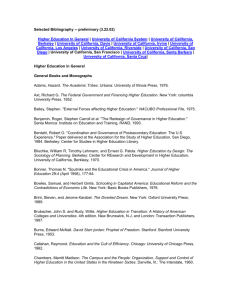Checklist for Travel Group Leaders - International Group Travel Policy
advertisement
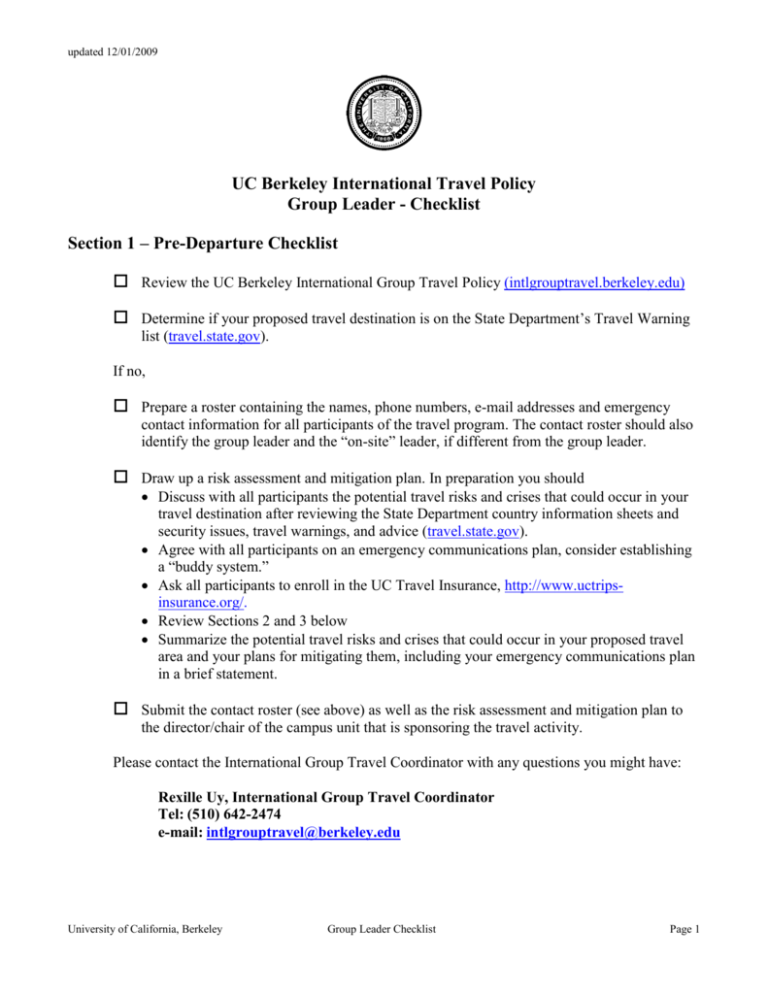
updated 12/01/2009 UC Berkeley International Travel Policy Group Leader - Checklist Section 1 – Pre-Departure Checklist Review the UC Berkeley International Group Travel Policy (intlgrouptravel.berkeley.edu) Determine if your proposed travel destination is on the State Department’s Travel Warning list (travel.state.gov). If no, Prepare a roster containing the names, phone numbers, e-mail addresses and emergency contact information for all participants of the travel program. The contact roster should also identify the group leader and the “on-site” leader, if different from the group leader. Draw up a risk assessment and mitigation plan. In preparation you should Discuss with all participants the potential travel risks and crises that could occur in your travel destination after reviewing the State Department country information sheets and security issues, travel warnings, and advice (travel.state.gov). Agree with all participants on an emergency communications plan, consider establishing a “buddy system.” Ask all participants to enroll in the UC Travel Insurance, http://www.uctripsinsurance.org/. Review Sections 2 and 3 below Summarize the potential travel risks and crises that could occur in your proposed travel area and your plans for mitigating them, including your emergency communications plan in a brief statement. Submit the contact roster (see above) as well as the risk assessment and mitigation plan to the director/chair of the campus unit that is sponsoring the travel activity. Please contact the International Group Travel Coordinator with any questions you might have: Rexille Uy, International Group Travel Coordinator Tel: (510) 642-2474 e-mail: intlgrouptravel@berkeley.edu University of California, Berkeley Group Leader Checklist Page 1 updated 12/01/2009 If the proposed travel activity is to a region that is on the State Department’s Travel Warning List, approval must be granted by the International Group Travel Committee. Provide a proposal to the Committee including all of the following: o Destination(s) and time period of the travel activity o Benefits of the proposed travel o Reasons the proposed travel should be considered sufficiently safe in light of the existing Travel Warning o Pre-trip orientation materials o Emergency communications and procedures plan o Name and contact information of the group leader and on-site leader, if different than the group leader The proposal and all other materials should be sent to the International Group Travel Coordinator (contact info above) at least eight weeks before planned arrival in the proposed travel destination. University of California, Berkeley Group Leader Checklist Page 2 updated 12/01/2009 Section 2 – Emergencies What is an emergency? Any hospitalization – no matter how brief Crime Rape, sexual assault Severe psychological problems Natural disasters (hurricanes, earthquakes) Civil unrest / terrorist attacks / outbreak of war Responding to Emergencies: 1. Seek appropriate medical care (medical emergency) or safe location. 2. Notify the UC Travel Insurance ACE/Europ or UCB Risk Management and your department of your location and status. o UC Travel Insurance Emergency contact numbers: Inside USA: 1-800-451-7606 Outside USA (call collect): 1-202-828-5896 o UC Berkeley Risk Management Office: Telephone: 1-510-642-5141 Fax: 1-510-643-5050 Email: risk@berkeley.edu The Travel Insurance provider and UCB Risk Management will coordinate details and action, including notifying the State Department or local authorities regarding a safety emergency. 3. Contact local law enforcement authorities, especially if a crime is involved. 4. Contact the local US Embassy/Consulate. Section 3 – Contact with Parents and Family Members Faculty leaders should not make direct, initial contact with family members without the student’s permission. Where possible, the student should communicate with their parents about a critical incident. Do not presume that the student’s parents are the listed emergency contact. Faculty leaders should contact their department whenever a student is ill or injured, even if it’s not an emergency, so the department and University are not caught off guard when contacted by parents. If a student is ill or injured abroad, the student should be encouraged to inform their parents, but this disclosure is ultimately up to the student. The University may choose, in consultation with the group leader or on-site leader, to inform emergency contacts about a potential emergency abroad without the student’s express permission, if the student is unable to speak for him-/herself; the student has been missing for more than 24 hours; the student is perceived to be a danger to themselves or others; or when a significant health, safety, or security incident affecting the entire program has occurred abroad, to provide information or updates. University of California, Berkeley Group Leader Checklist Page 3

